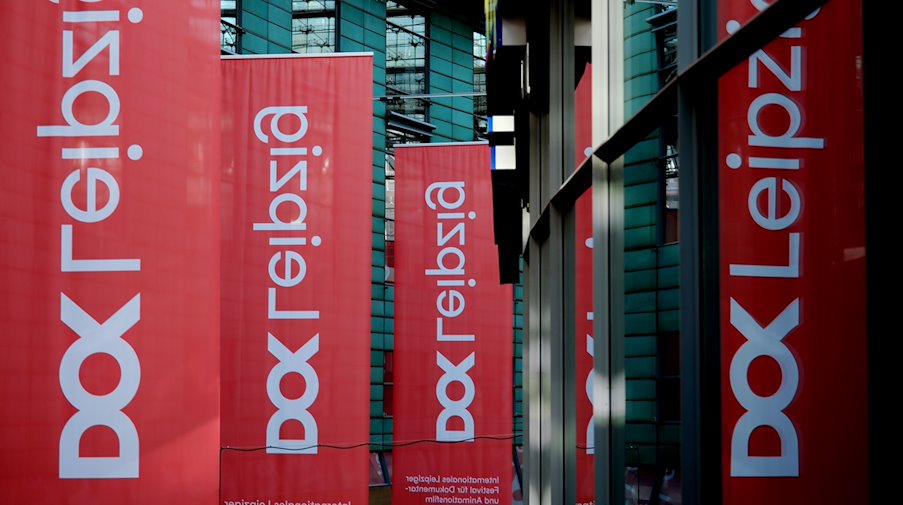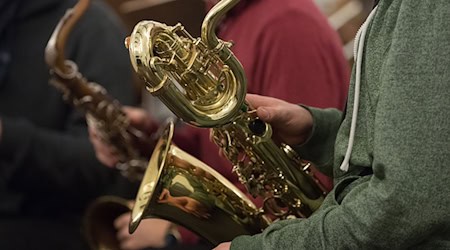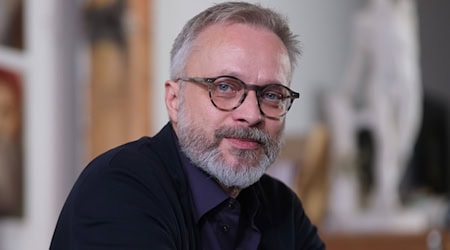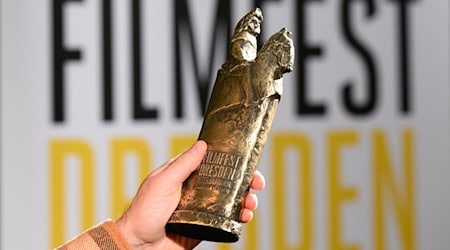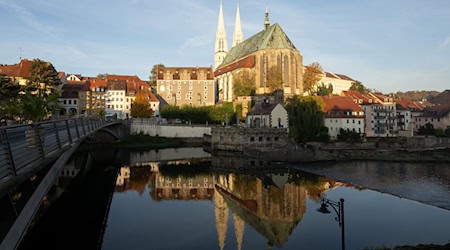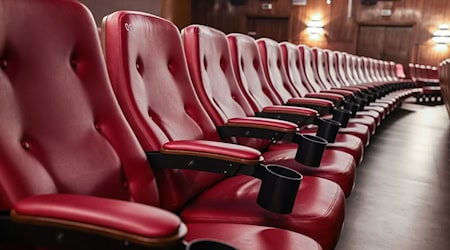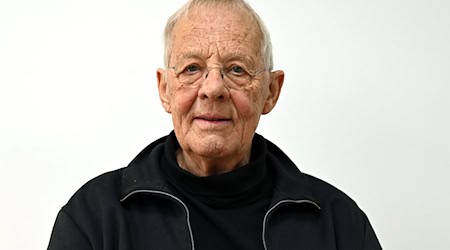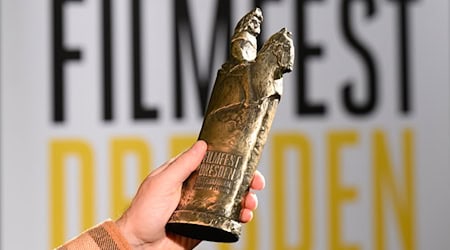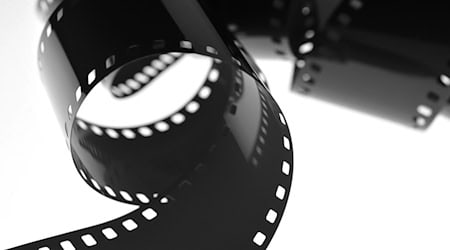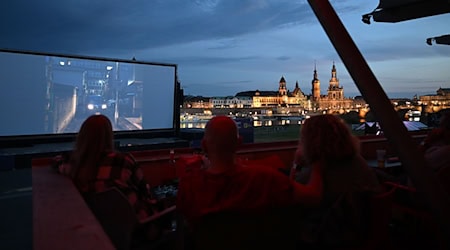During this year's Leipzig Festival for Documentary and Animated Film (Dok), the past plays a special role. "My impression is that after a relatively large number of films were made during the pandemic that discovered social themes through private stories, we are now looking more at historical, socially overarching themes again," said Dok director Christoph Terhechte in an interview with Deutsche Presse-Agentur before the festival began. History in documentaries, he said, can serve to understand what is happening in the present or how the future can be shaped differently. The festival will take place this year between Oct. 8 and 15 in Leipzig.
The change in the film industry is also a result of a general uncertainty - "also in the reshaping of geopolitical power blocs and wars, economic crises, of global warming and many other things," Terhechte said. By dealing with those serious issues - including with the help of films - people can gain security, he said. "Insecurity usually comes from just picking up on something but not really processing it. To deal with it with other people, how, for example, filmmakers have approached the topics, can not only lead to becoming more optimistic, but also to dealing with the current situation in a strengthened way."
Not everything, however, can be cleared out of the way through film: "Of course, there are never easy answers. Films that give easy answers are usually the most boring. It's always good to leave questions unanswered." Moreover, the doc will not exclusively show the "misery of the world," he said with a grin. "We also show quite humorous films."
A thematic focus this year can not really be identified, the festival chief said. "There is, for example, a film that looks to France when World War II ended. The director tells the story of her grandfather, who was considered a victim of the Germans but was actually murdered by the Resistance because he was a collaborator with the Germans."
Another film takes up the time of St. Paul the Apostle and, at the same time, the murder of the daughter of German theologian Ernst Käsemann, Terhechte says. "In other films, German colonial history, the topic of abuse in the church or queer perspectives are addressed. There are also various films that deal with how trauma is passed on within families."
The festival will open this year with the film "White Angel - The End of Marinka" by journalist Arndt Ginzel. He tells the story of the Ukrainian village of Marinka, which was destroyed when the Russians invaded last year. Among other things, helmet camera footage of a policeman can be seen: "You see frightened people in the cellar, you see injured people, even dead people. The film team around the Leipzig journalist visited rescuers and rescued people in March this year and interviewed them."
The doc takes place annually in Leipzig. In addition to documentaries, animated films are also shown. The aim of the festival is, among other things, to showcase and better network the documentary and animation industries. In competitions with different categories, Silver and Golden Doves are awarded at the end of the festival. To further strengthen the animated film, the competition structure has been changed this year: For the first time, long animated films will also be included in the competition and compete for a Golden Dove.
Copyright 2023, dpa (www.dpa.de). All rights reserved

